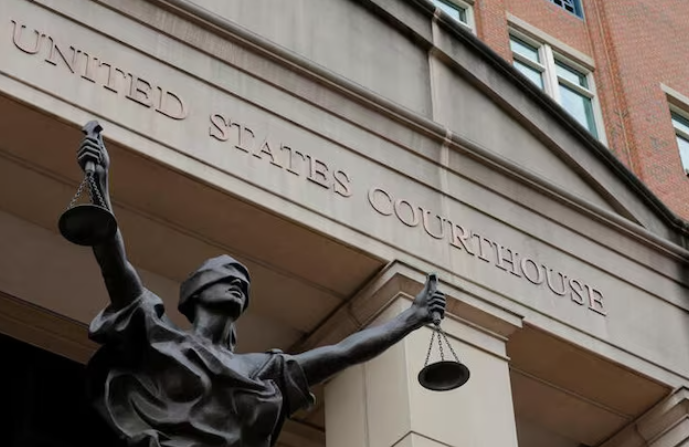Federal Judge Blocks Nationwide Enforcement of Corporate Transparency Act
A federal judge in Texas has blocked the enforcement of an anti-money laundering law that requires corporations to disclose their real beneficial owners to the U.S. Treasury Department. On Tuesday, U.S. District Judge Amos Mazzant issued a nationwide injunction, ruling that the 2021 Corporate Transparency Act likely violates the U.S. Constitution.
Judge Declares Corporate Transparency Act Unconstitutional
Judge Mazzant sided with the National Federation of Independent Business (NFIB), along with several small businesses and non-profits, in their challenge to the law. He criticized the Act as an “unprecedented” federal overreach into an area traditionally regulated by states. The judge argued that the law infringes on states’ rights under the Tenth Amendment and exceeds Congress’s authority to regulate commerce, taxes, and foreign affairs.
“For good reason, Plaintiffs fear this flanking, quasi-Orwellian statute and its implications on our dual system of government,” Mazzant wrote in his opinion.
This ruling follows a similar decision in March by an Alabama federal judge, who also deemed the law unconstitutional but limited his injunction to the plaintiffs involved in that case.
Small Businesses Gain Reprieve from Compliance Deadline
The lawsuit, filed in May by the Center for Individual Rights on behalf of five small entities and the NFIB, argued that the law imposes burdensome requirements on businesses. The Act, part of a bipartisan measure enacted in January 2021, mandates corporations and LLCs to report their beneficial owners to the Treasury Department’s Financial Crimes Enforcement Network (FinCEN). Lawmakers designed the law to curb the use of shell companies for money laundering.
Judge Mazzant’s ruling halts enforcement of the law just weeks before the January 1 compliance deadline. Caleb Kruckenberg, litigation director for the Center for Individual Rights, described the injunction as a crucial reprieve for small businesses while the courts, and potentially the Supreme Court, address the constitutional issues.
Implications for Federal Authority and State Rights
Supporters of the Corporate Transparency Act argue that it addresses the growing use of LLCs and corporations as tools for financial crime. However, Judge Mazzant emphasized that regulating entities created under state law remains within states’ jurisdiction. He noted that the Act undermines the anonymity that many states allow in corporate formation.
This case, Texas Top Cop Shop v. Garland, et al, could set the stage for a Supreme Court showdown over the balance of federal and state authority. The Justice Department has declined to comment on the ruling.

